
With so much focus on which skincare products to use and which facial treatments to book, it can be easy to forget that achieving healthy skin isn’t just about what goes on your skin. I know this for a fact because despite having had access to a vast array of incredible products and regular facials over the past decade (the perks of being a Beauty Editor), I still consistently got breakouts. The truth is that serums, creams, masks and oils can only go so far, because it’s (quite literally) what’s inside that counts.
According to Lorraine Perretta, Head of Nutrition for Advanced Nutrition Programme, topical skincare actually only provides 50% of the solution when it comes to achieving healthy skin. “That is why it is important to address skin ‘from within’ and to recognise that skin is a two-sided organ,” she adds. In addition, skin is also influenced by the health of the rest of our body. “Your visceral organs play a huge role in your skin so negotiating with them is a major factor in the skin’s health,” explains skin and wellness expert Marie Reynolds. “For example, acne links to liver as well as with the ovaries while sensitivity links with the stomach.”
When I first began to take supplements specifically with my skin in mind, I was sceptical. Supplements don’t have the instant gratification of a face mask or glow-boosting serum, so I didn’t see results straight away. But after around three months I started to notice that my breakouts weren’t as frequent, my skin was much less textured, and I had more of an even all-round glow. This goes to show that while you don’t necessarily see results from the get-go, that doesn’t mean that the supplements you take aren’t working hard behind the scenes.
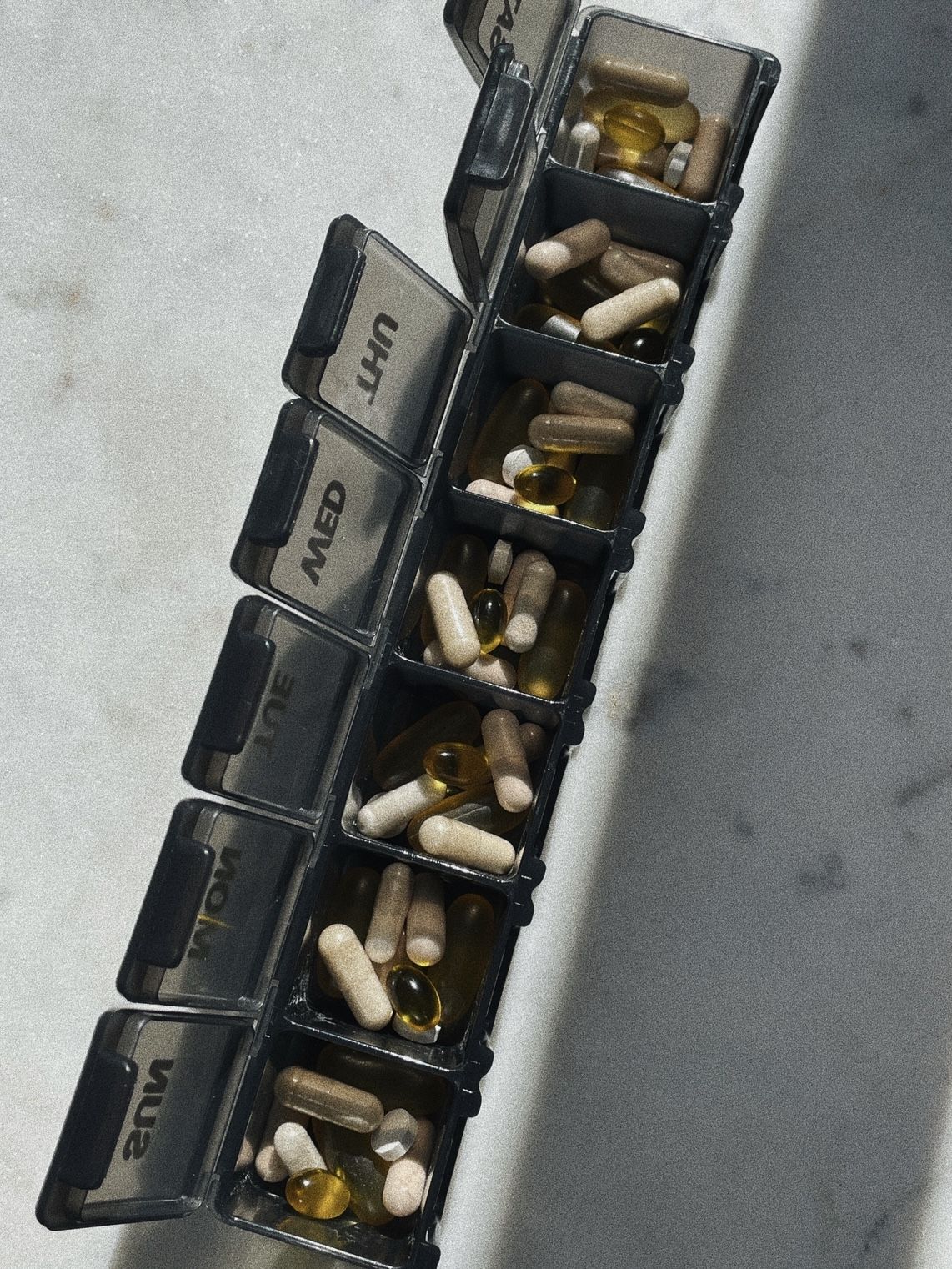
In fact, according to Perretta, it can take at least three months before the benefits become visible. “Each supplement is unique and everyone is different, so some individuals start to see results earlier,” she says. It goes without saying that consistency and commitment pay off, so don’t make the mistake I initially did of disregarding a supplement because you finished your 30-day supply without noticing a complete transformation.
Some might argue that the nutrients provided by food should suffice, and of course a diet naturally rich in vitamins and minerals is ideal, but it’s not always achievable. “Diets low in fruits and vegetables, omega 3 fatty acids, and high in refined carbohydrates, saturated fat, and salt may cause abnormalities to our skin structure and function,” explains Alex Glover, Senior Nutritionist at Holland & Barrett. Which is where supplements come in. Boosting your diet with specific ingredients that have proven skincare benefits can help to fill in the gaps and allow you to adopt a fully holistic 360-degree approach to skincare.
So, where to start? While the world of skincare products can be overwhelming, it has nothing on the supplement market. In the UK, supplements are classed as foodstuffs, which means they come under a completely different set of rules and regulations to skincare products. You’ll notice this in the way they’re marketed; with an emphasis on research-backed evidence over results-driven descriptions. This means that it’s not always super easy to figure out how a supplement might benefit your specific skin type and concerns.
Here’s where I come in… Whether your skin is dry, oily, ageing, or breakout-prone, I’ve done the hard work for you and curated the ultimate edit of skin supplements to shop now.
Perretta describes omegas as essentially acting like internal moisturisers. “They provide support for all skin types but I’d highly recommended them for dry skin or those impacted by winter skin changes,” she adds. Aside from improving moisture levels, omega 3 has also been proven to help reduce overall inflammation, so it can help to counteract redness and even reduce breakouts.
Omegas to look out for include GLA or linoleic acid (omega 6 fatty acids), which are found in evening primrose oil, and EPA and DHA (omega 3 fatty acids), which are usually derived from fish oil.
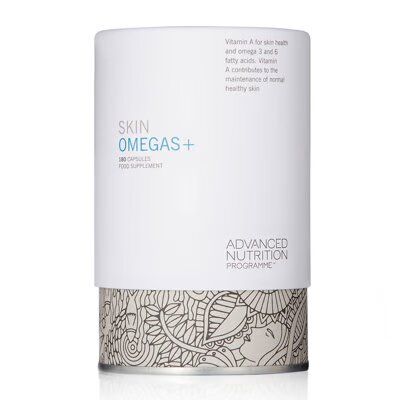
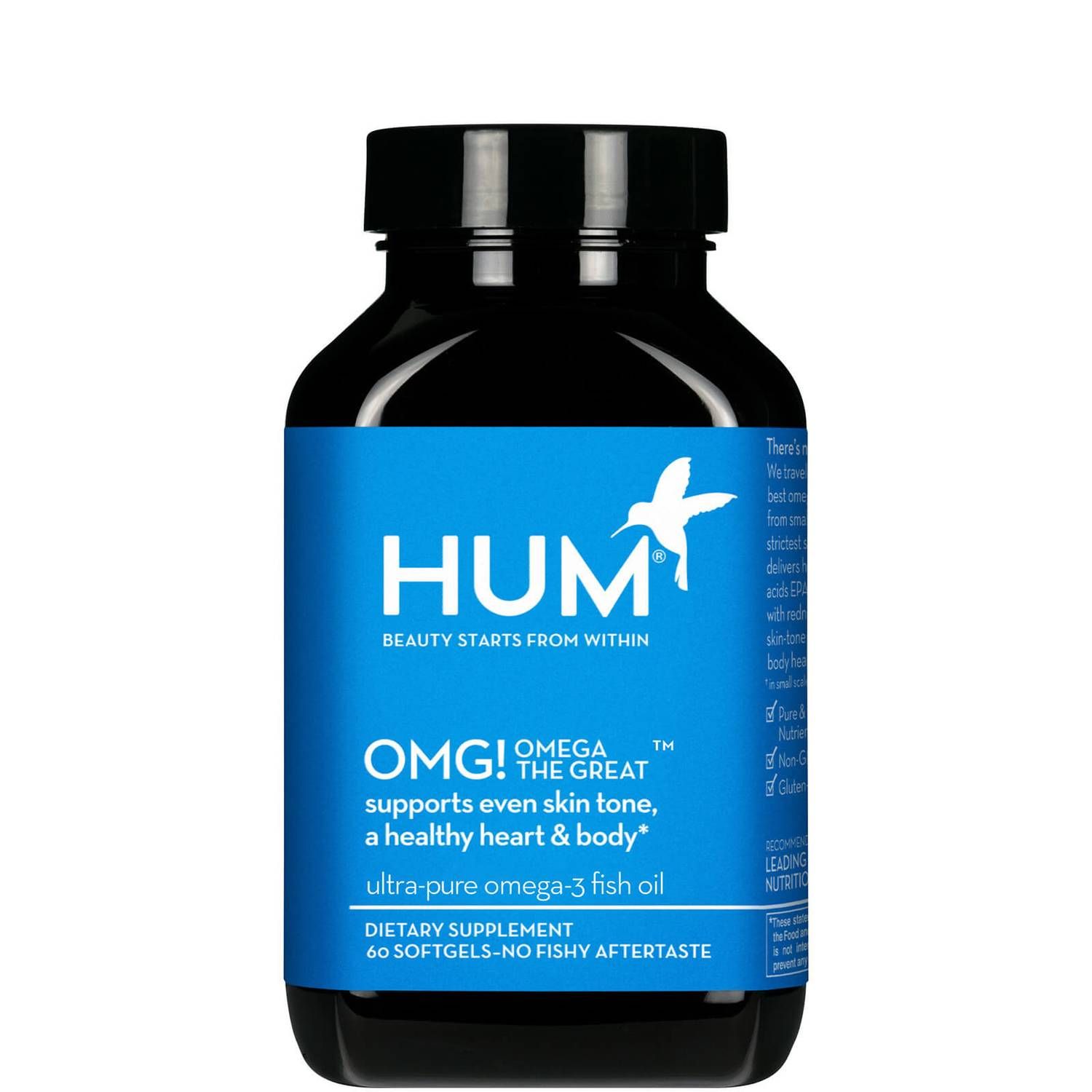
Zinc is often touted for its immunity boosting benefits, but it also plays a role in wound healing and antioxidant protection, which benefits the skin. “The skin uses zinc to produce specialised cells called keratinocytes, the cells that make keratin,” explains Glover. “Keratin (like collagen) gives skin elasticity and strength.” This means that zinc can help to support the restoration of damaged skin, so can be an effective supplement to take if you have long-term skin damage like scarring or inflammation.
“Because zinc can function as an antioxidant in the body, this trace mineral also helps protect skin against free radicals,” Glover adds. “An excess of free radicals can cause oxidative stress, which is known to accelerate skin ageing and may contribute to fine lines and wrinkles due to loss of collagen.”
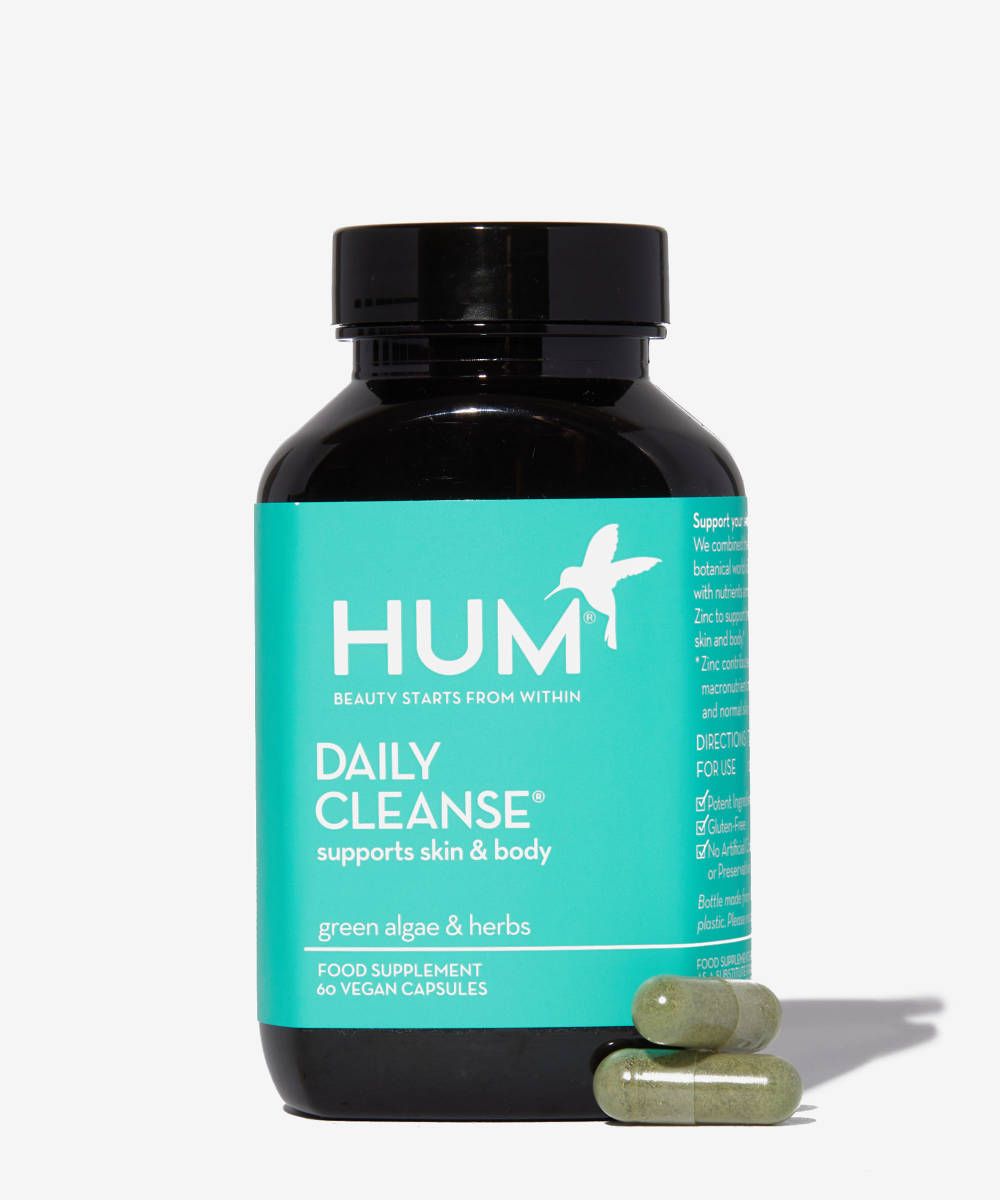
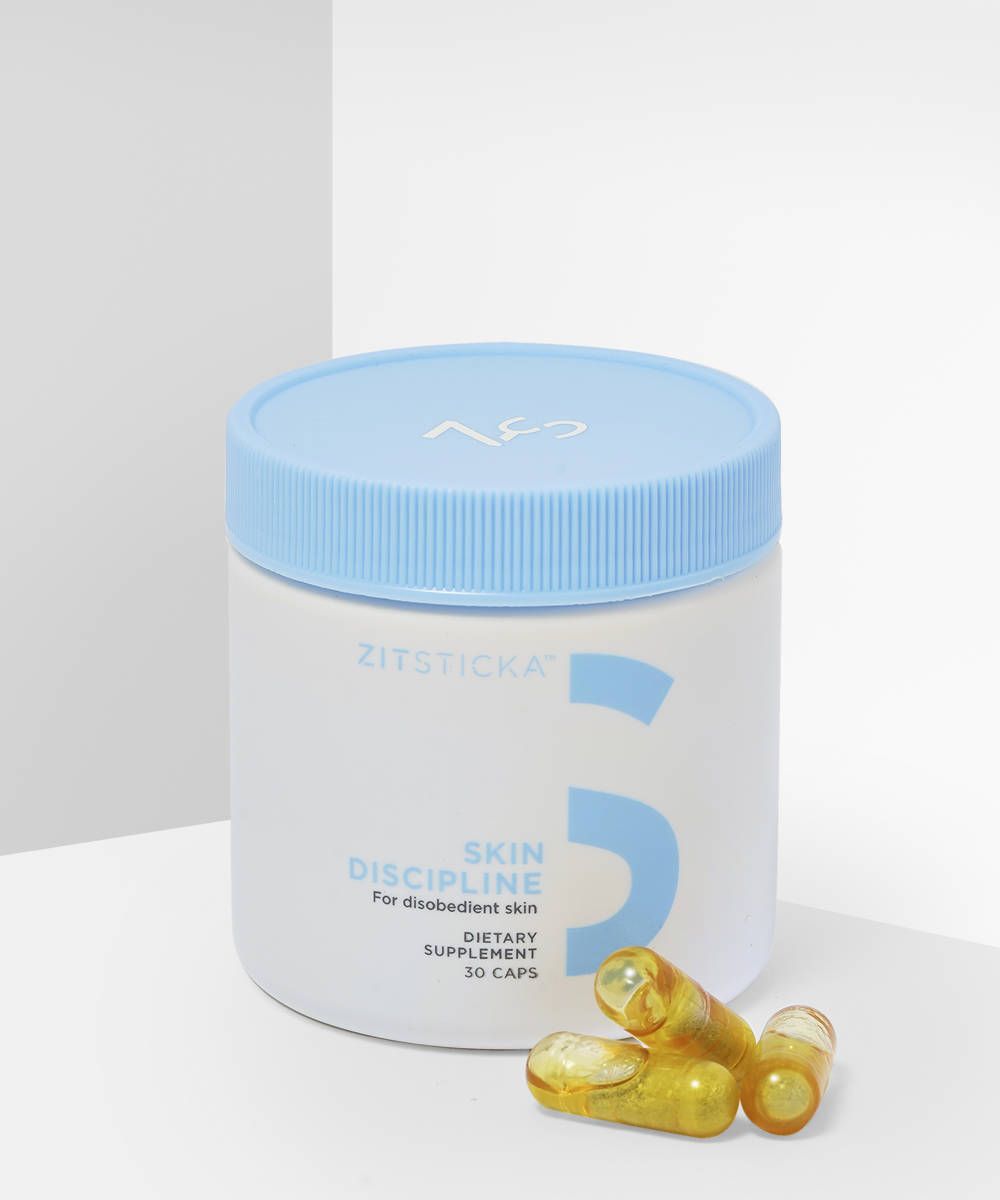
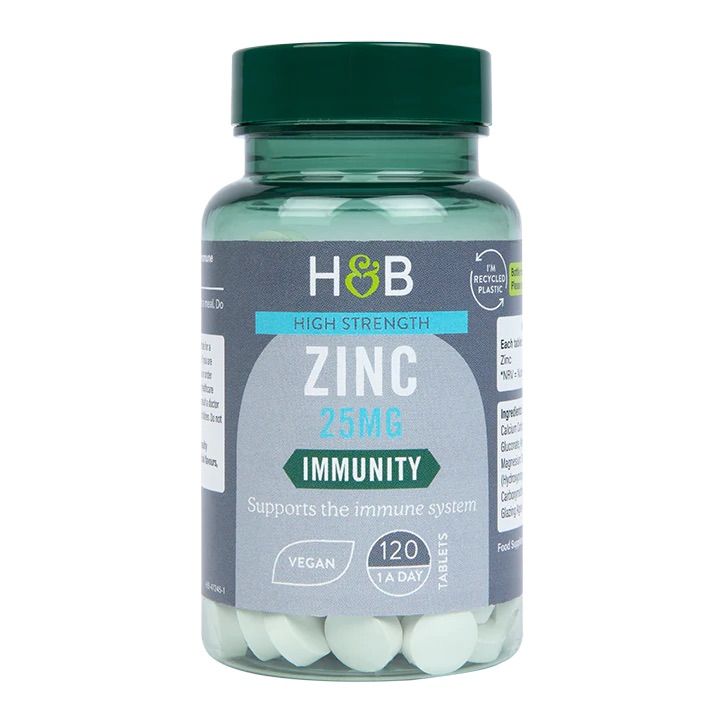
One thing all nutritionists and skin experts are unanimous on is the correlation between skin and gut health. ”Gut health is key to all skin types,” says Perretta. Probiotics have become something of a buzzword in the beauty community over the past few years, and have even started to appear in some topical skincare products. They function by promoting the growth of healthy bacteria, while prebiotics are essentially ‘food’ for the probiotics. “They’re both really important for skin because prebiotics boost the health of the bacteria we have in the skin’s microbiome and probiotics add what we may be lacking in,” adds Reynolds. “It is really important that the skin’s immune system is balanced to help reduce any sensitivity or breakouts.”
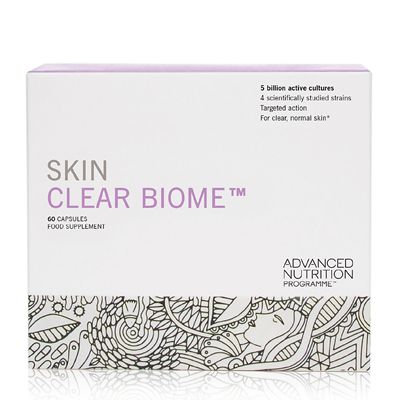
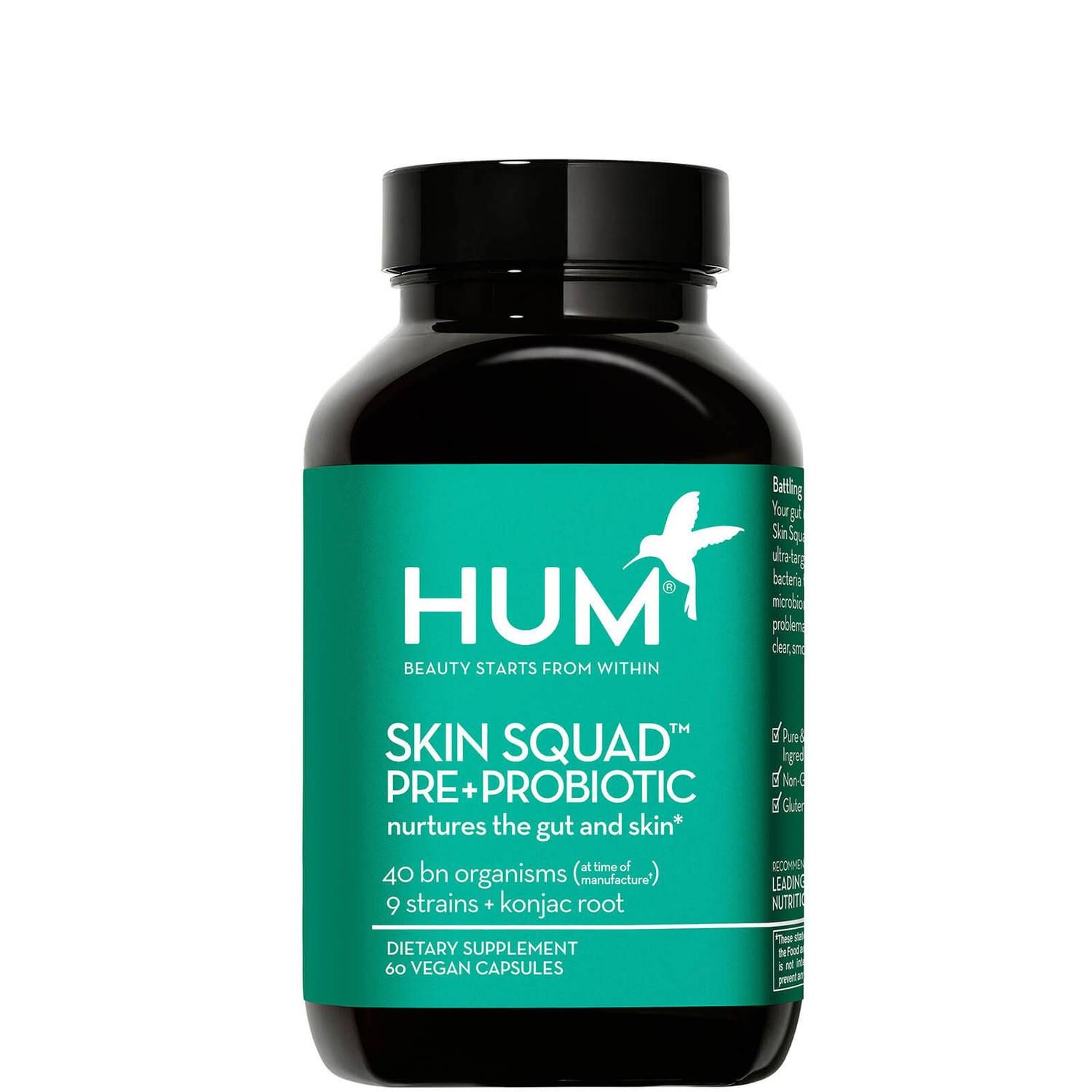
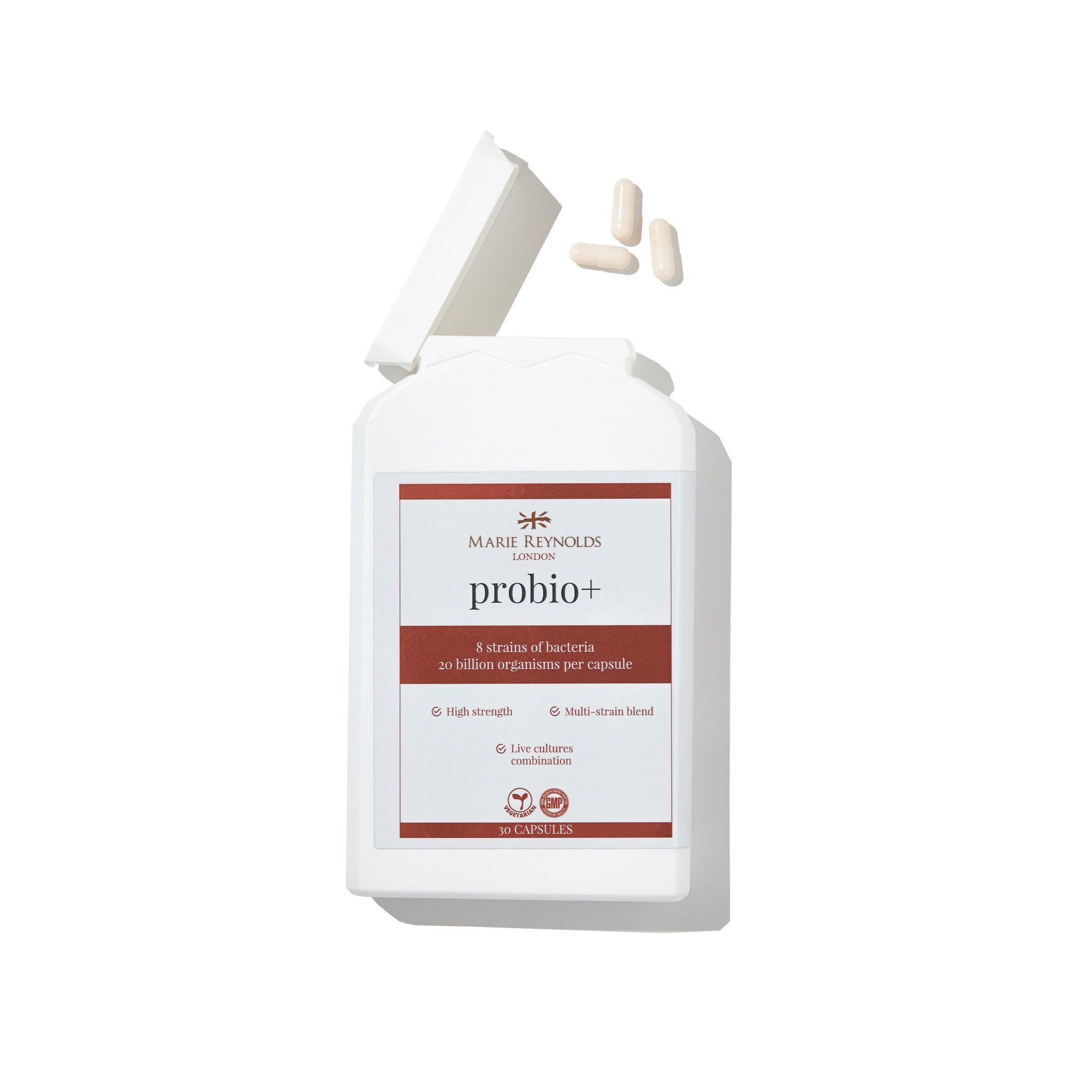
Okay, so you’ll definitely have heard of this one. There are a lot of capsules, powders, liquids, and even coffee creamers out there which claim to boost collagen. However, unlike the other ingredients featured in this edit, collagen has almost no benefits when applied to your skin. “Collagen is a molecule that is too large to be absorbed transdermally by the skin,” explains Glover. “So applying it topically won’t help reduce the appearance of wrinkles or improve skin elasticity and surface structure.”
This explains why collagen is such a popular supplement ingredient, ticking all the boxes when it comes to targeting the main signs of skin ageing such as loose skin and fine lines. Our bodies start to lose collagen once we hit our thirties, so as we age and our body slows down its natural collagen production, these signs of ageing become more apparent.
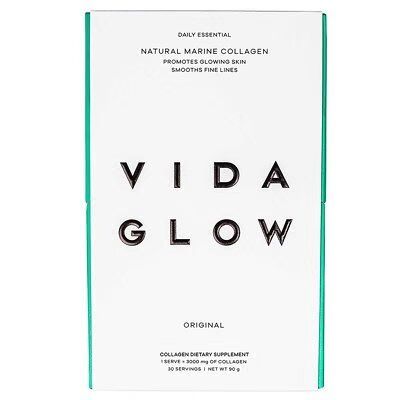
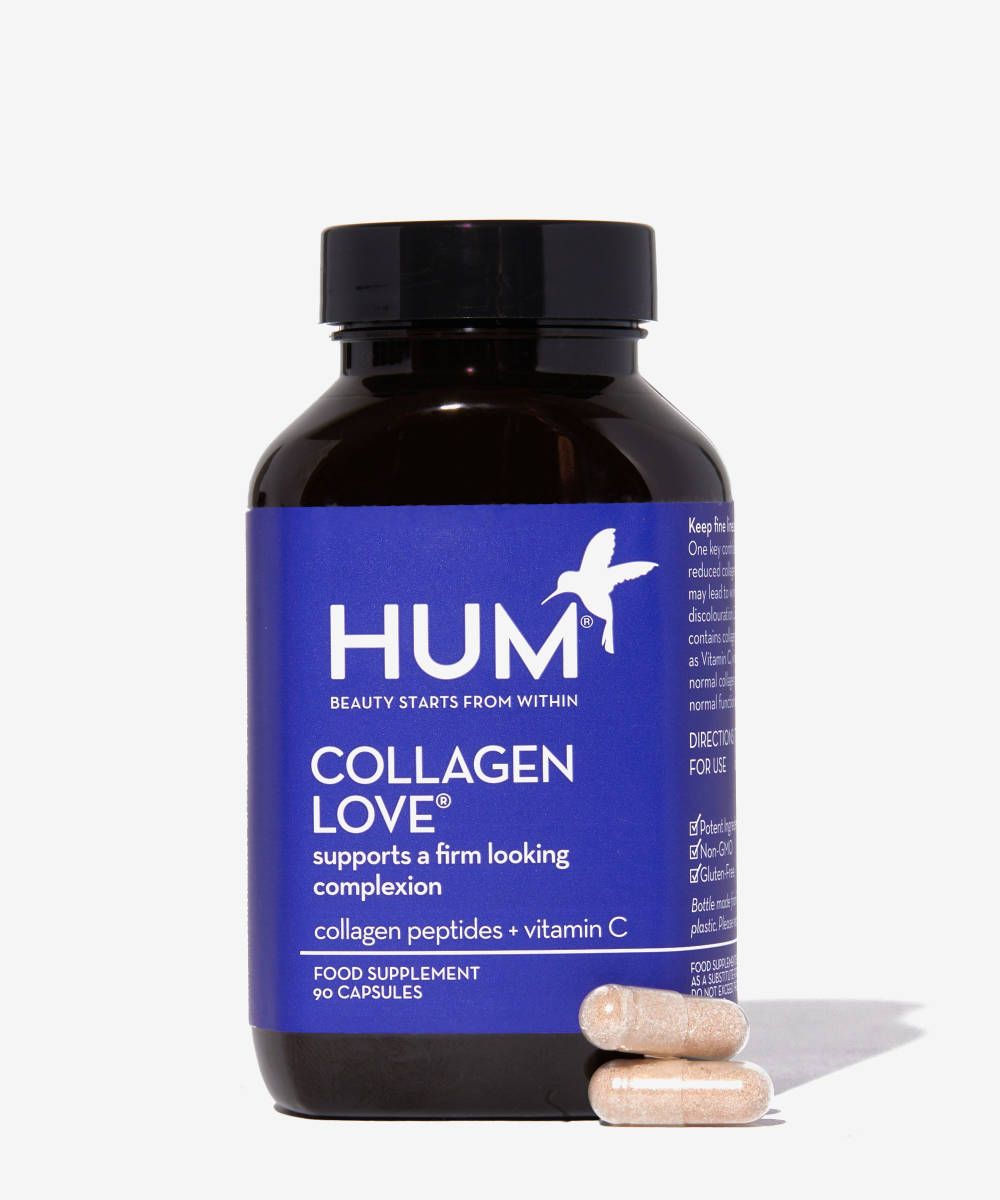
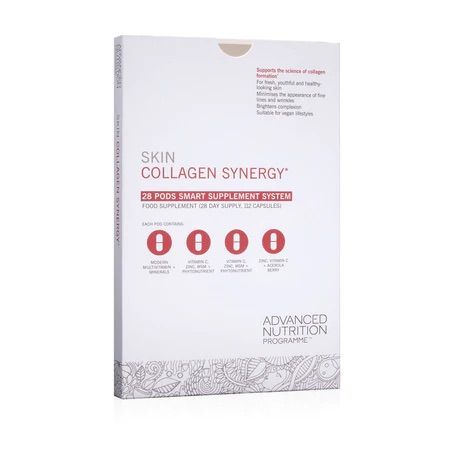
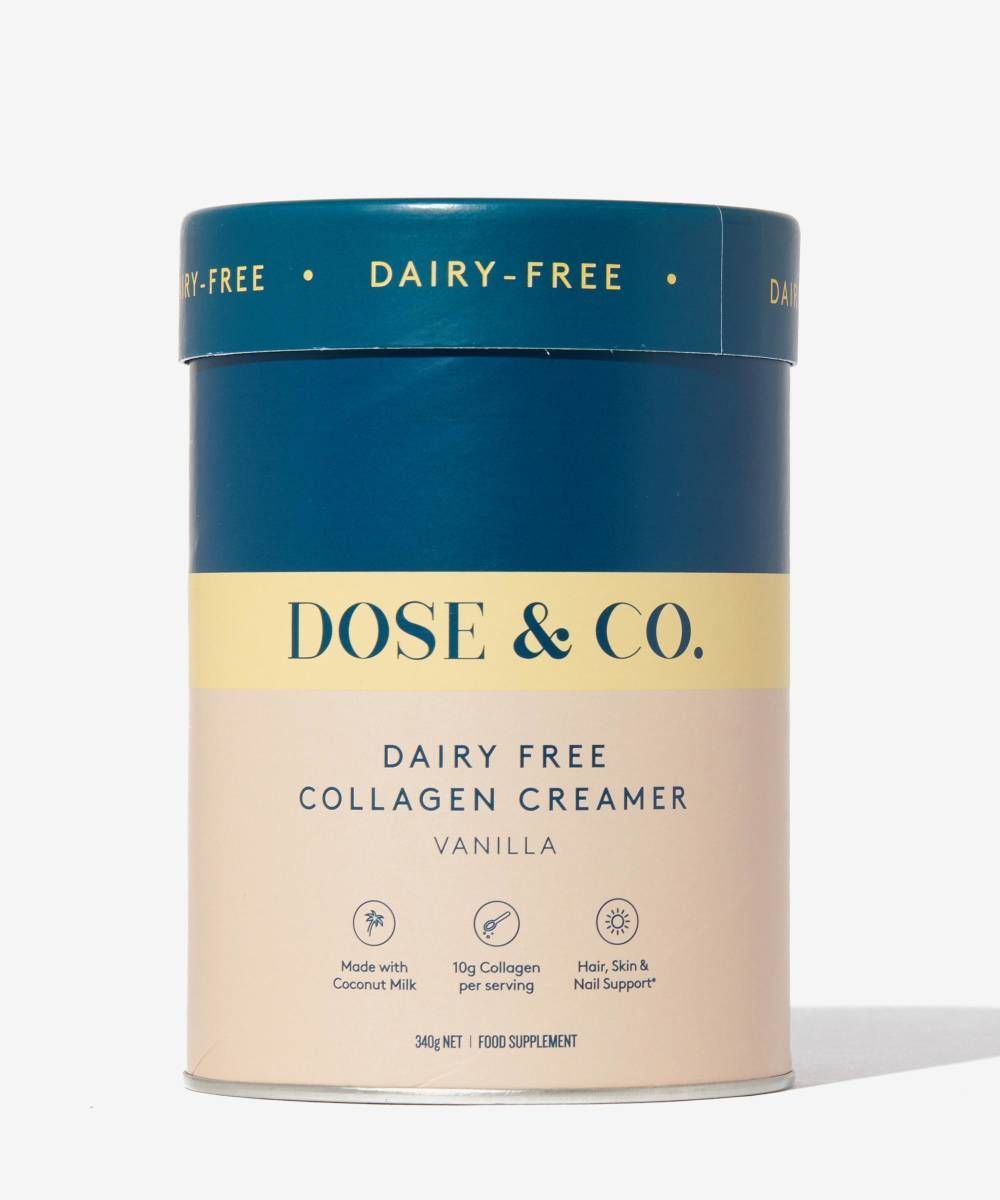
In skincare, vitamin A is more commonly known as retinol, but this can be just as effective when taken as a supplement. “Vitamin A is known to do a lot for the skin, from helping to prevent breakouts to promoting natural moisturising,” explains Glover. “It’s also required for cell growth, as well as the process of making stem cells into various kinds of cells, so in turn, this can help maintain normal skin.”
When applied to the skin, retinol can cause redness, irritation, and even peeling, and it’s also recommended not to layer it with other active skincare ingredients, so it’s not always that easy to fit into your routine. In which case, consider taking it as a supplement instead. There aren’t many solely vitamin A supplements out there because it works best in combination with other ingredients, so you’ll often find it in multi-vitamin blends like the below.
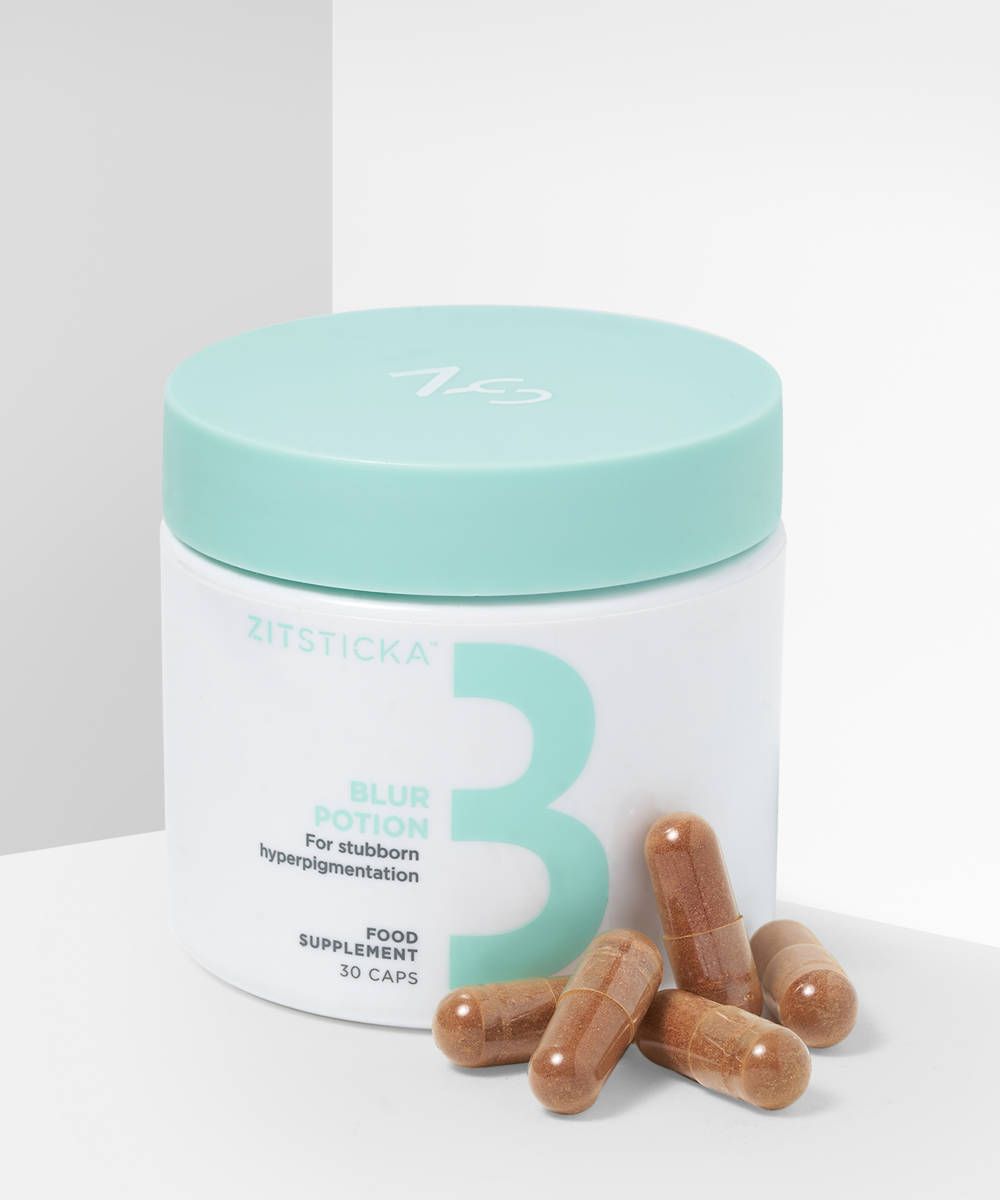
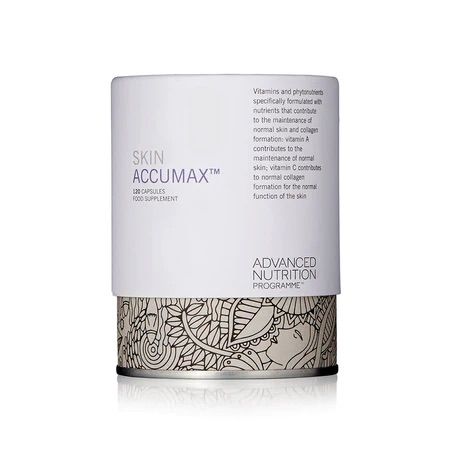
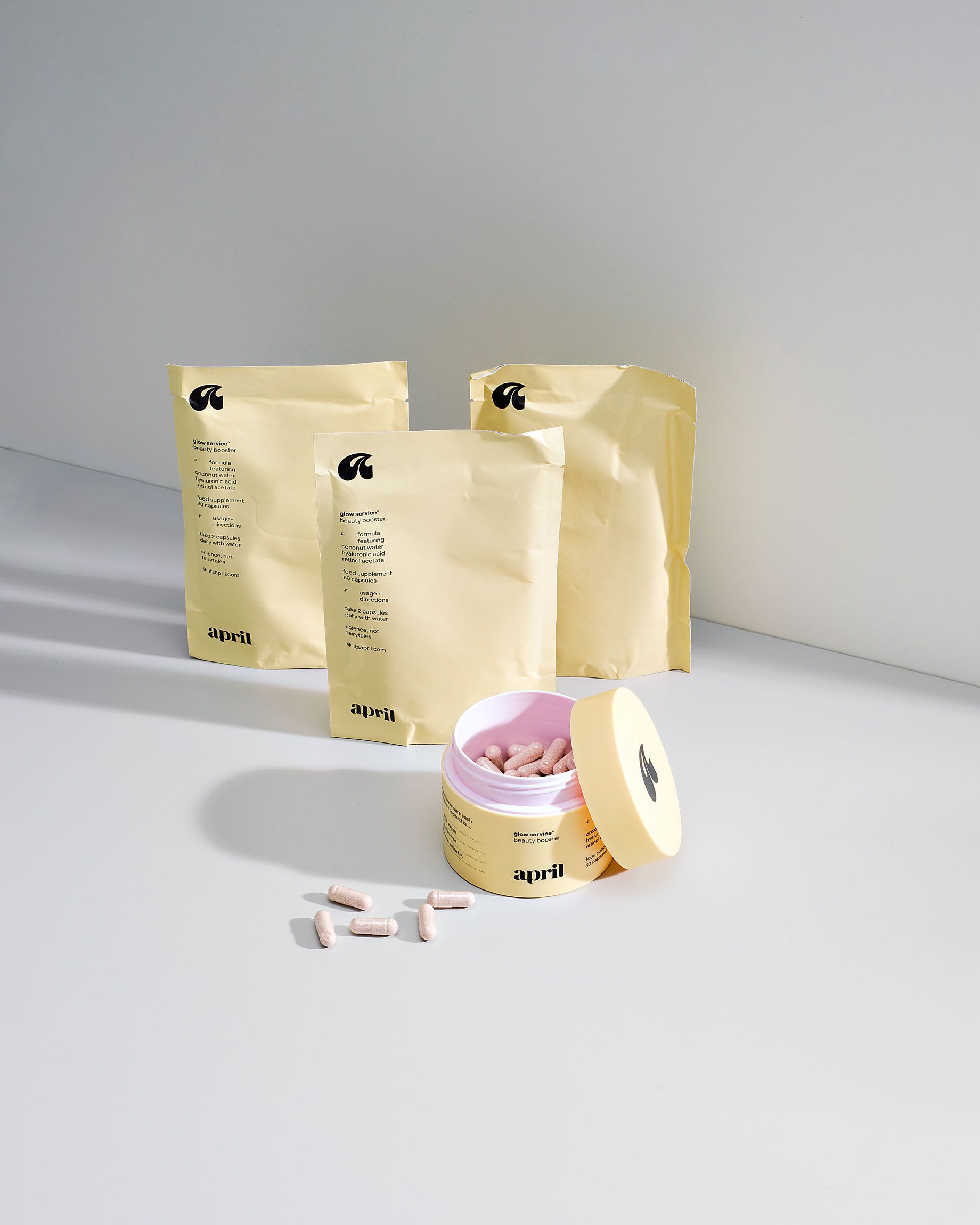
Chances are you’re already using vitamin C topically in your skincare routine, but the powerful antioxidant is just as beneficial when taken orally. “Vitamin C helps to build capillary walls and it also increases oxygen in the system which is important for increasing energy,” explains Reynolds. “This then helps to repair the skin, so it’s very good for cellular renewal.”
Just as vitamin C serums are recommended for those experiencing signs of ageing such as loose skin, fine lines, and dullness, a vitamin C supplement has the same benefits thanks to its antioxidant properties. “Vitamin C protects from free radical activity caused by UV exposure,” says Glover. “It also promotes collagen production, which can help to reduce the appearance of fine lines and wrinkles, and even out skin tone in the process.”
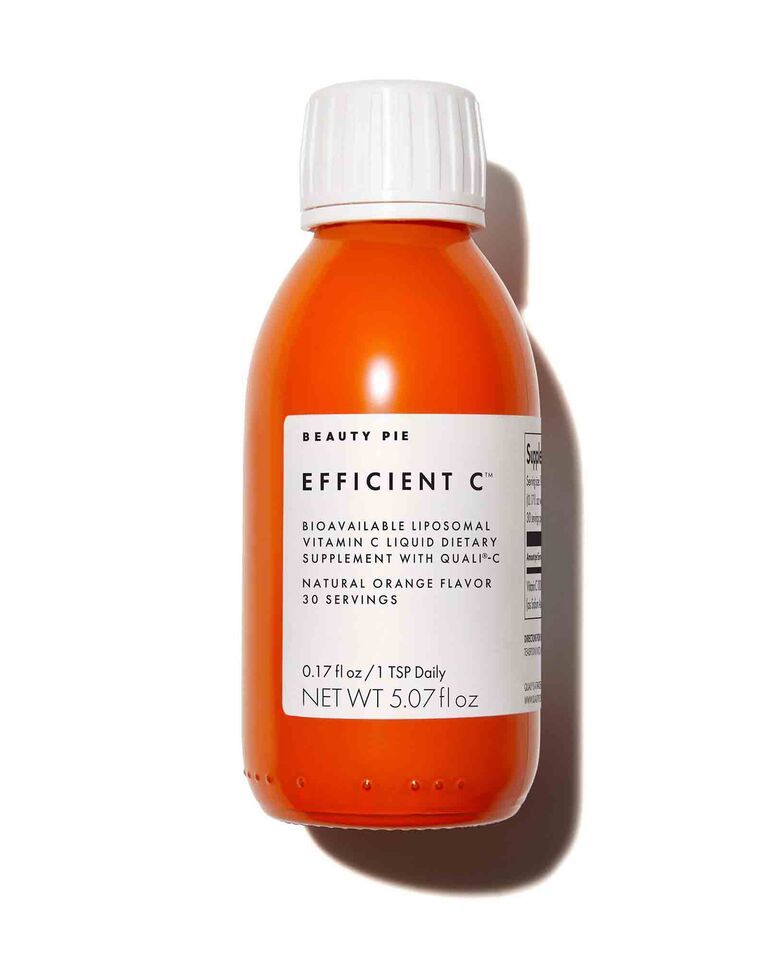
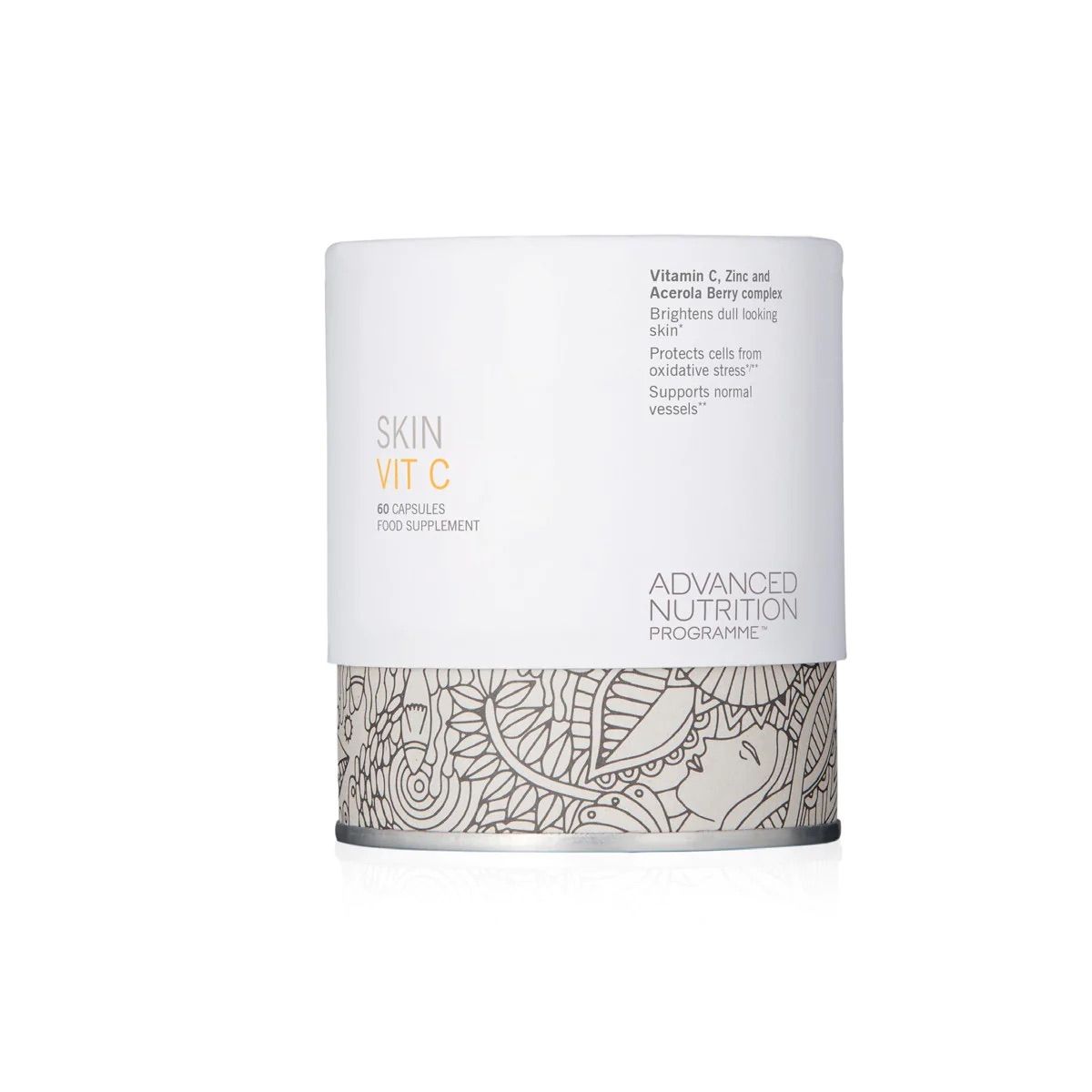
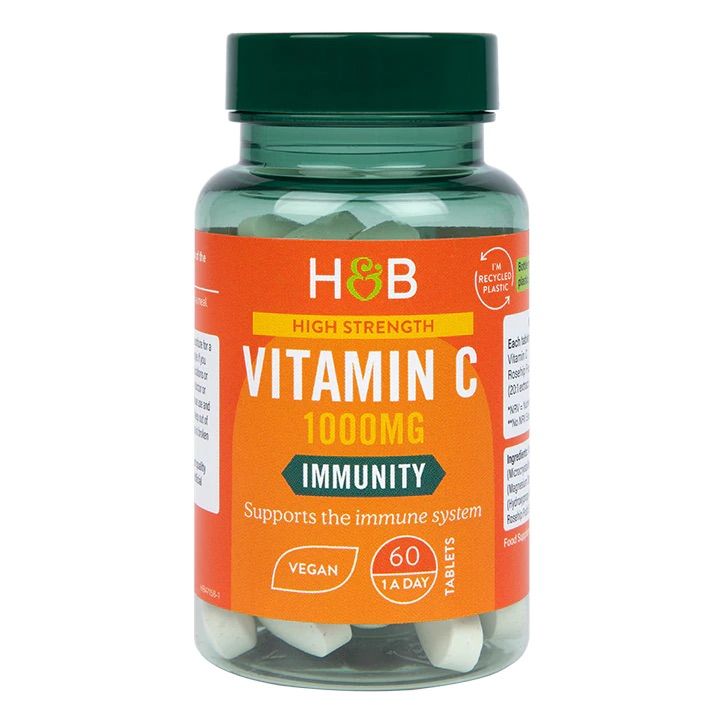
You’ve most likely heard of vitamin D in relation to the sun and it’s often referred to as the ‘sunshine vitamin’ because our bodies produce it when we’re exposed to sunlight. According to the NHS, if you live in the UK then you probably don’t made enough vitamin D naturally, so the government actually advises taking a vitamin D supplement during the autumn and winter. Vitamin D helps to regulate calcium so is beneficial for keeping bones and muscles healthy, and since it’s also a powerful anti-inflammatory, it’s recommended for those with inflammatory skin conditions such as acne, psoriasis, and eczema. As an acne-sufferer myself, I personally swear by this stuff.
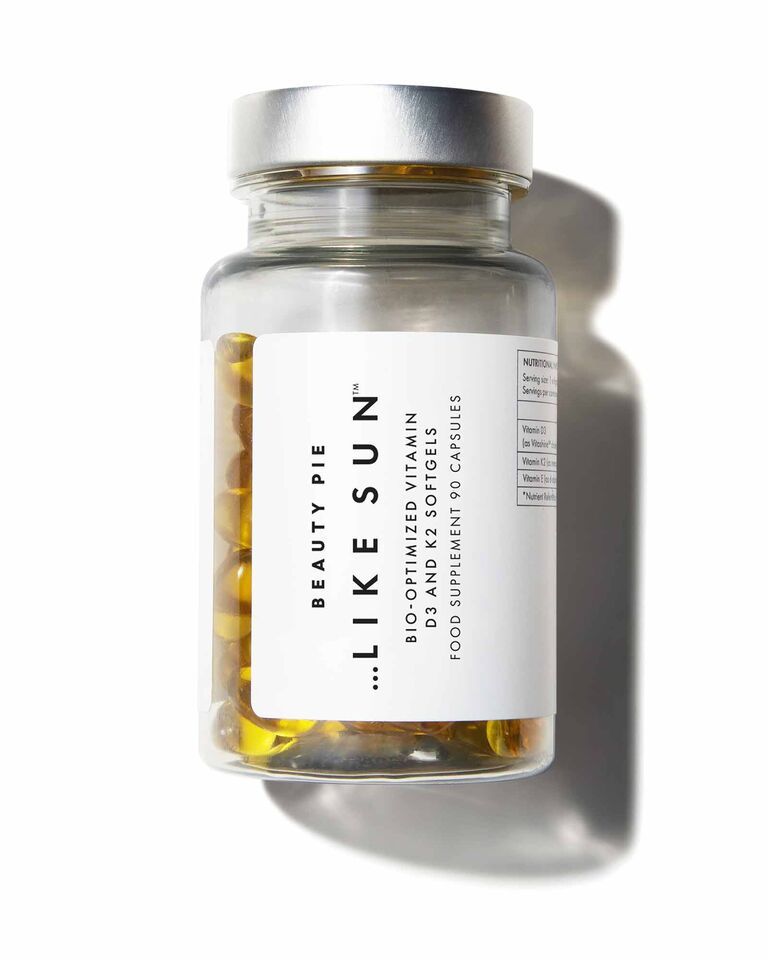
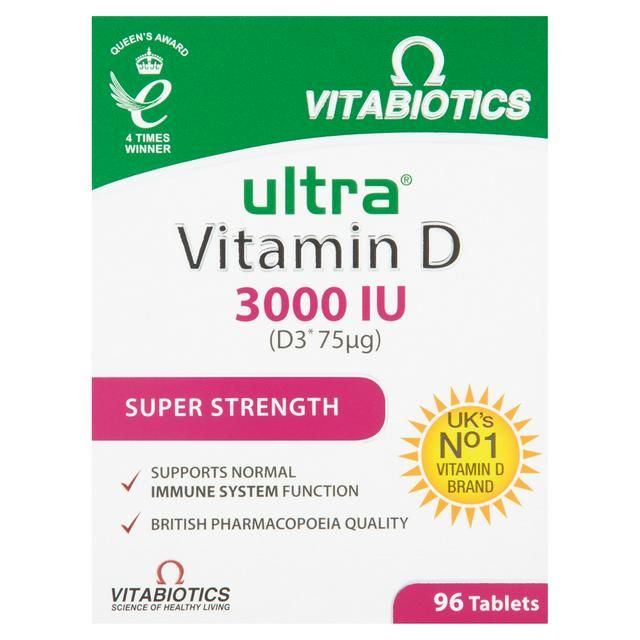
Next Up: 24 Products Beauty Editors Can’t Stop Recommending to Their Friends




